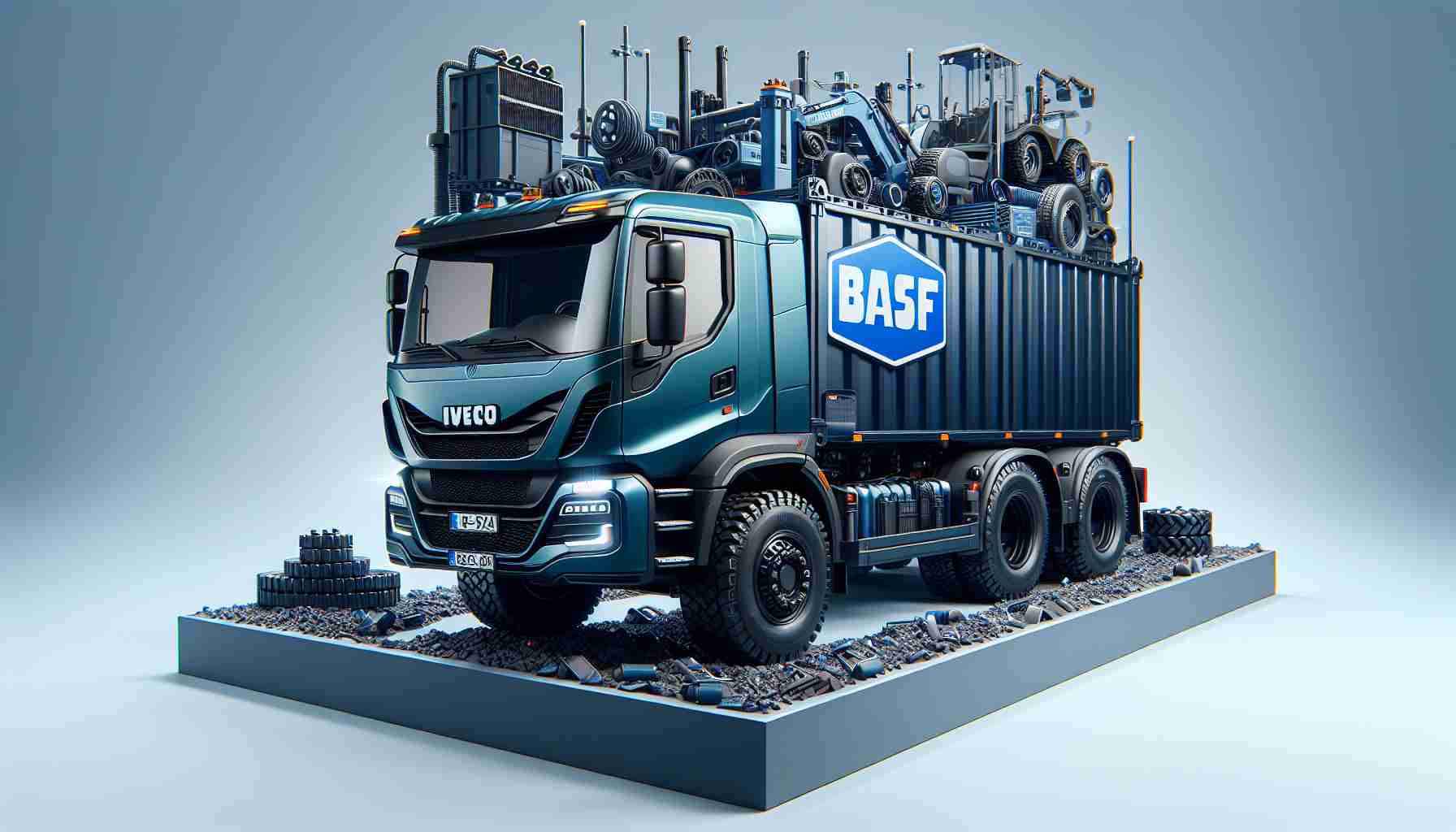Iveco becomes the first car manufacturer in Europe to join BASF’s battery recycling initiative. The Italian producer of trucks and buses has collaborated with the German chemical group BASF to recycle the lithium-ion batteries of its electric vehicles. This initiative aims to accelerate the adoption of a closed-loop system in the automotive industry.
The agreement between Iveco and BASF aims to increase battery lifespan and reduce their environmental impact, according to statements from both companies. It is worth noting that this collaboration is in line with the extended producer responsibility policy introduced by the European Union. This policy makes manufacturers responsible for the entire life cycle of their products, including managing the post-use and end-of-life stages.
The agreement between Iveco and BASF covers the entire recycling process of lithium-ion batteries used in their electric vehicles, from collection, packaging, and transportation to recycling, which will take place in various European countries.
BASF will perform the mechanical processing of the batteries, recovering the “black mass” from which essential materials such as nickel, cobalt, and lithium can be extracted and reused. BASF will then supply the recovered metals to the local battery industry in Europe.
Angela Qu, Chief Supply Chain Officer at Iveco, states that BASF’s extensive battery collection network and recycling capabilities in Europe will help close the loop from used batteries to new ones. The new partnership between Iveco and BASF holds promise for further recycling development and the introduction of more sustainable practices in the automotive industry.
FAQ:
1. Who collaborated to recycle lithium-ion batteries of electric vehicles?
Iveco, the Italian producer of trucks and buses, collaborated with the German chemical group BASF.
2. What is the goal of this initiative?
The goal of this initiative is to accelerate the adoption of a closed-loop system in the automotive industry.
3. What are the benefits of the collaboration between Iveco and BASF?
The collaboration aims to increase battery lifespan and reduce their environmental impact.
4. What materials can be recovered from recycling lithium-ion batteries?
Recycling lithium-ion batteries can recover materials such as nickel, cobalt, and lithium.
5. What stages are included in the agreement between Iveco and BASF?
The agreement includes the entire recycling process of lithium-ion batteries, including collection, packaging, transportation, and processing.
Key Terms:
– Lithium-ion batteries: Batteries used in electric vehicles that use lithium as the anode material and a lithium compound as the cathode material.
– Closed-loop system: A system where products and their components are recycled and reused, minimizing waste and negative environmental impact.
– Extended producer responsibility policy: A policy introduced by the European Union that holds producers responsible for the entire life cycle of their products, including managing the post-use and end-of-life stages.
– Recycling: The process of converting waste materials into reusable materials to extract valuable resources.
Suggested Related Links:
– iveco.com – Iveco’s official website
– basf.com – BASF’s official website
– ec.europa.eu – Information on the extended producer responsibility policy in the EU
The source of the article is from the blog windowsvistamagazine.es
